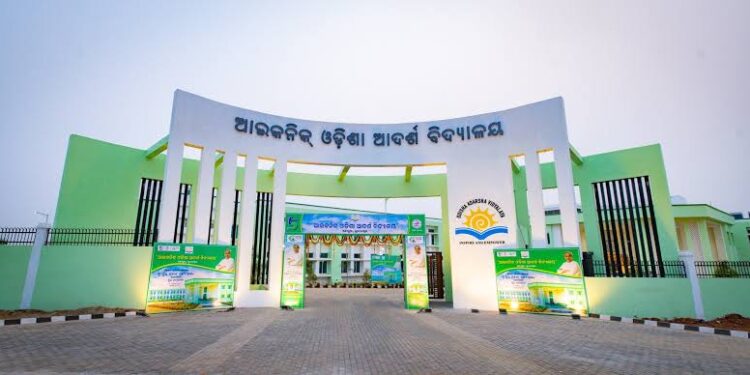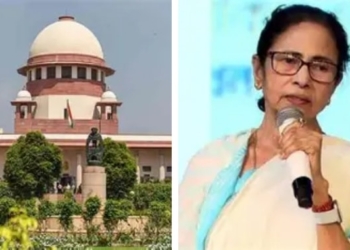The Odisha government has taken stringent disciplinary measures against staff of various Odisha Adarsha Vidyalayas (OAVs) for alleged involvement in malpractices during the CBSE Board Examination 2025, reinforcing its zero tolerance policy on exam-related misconduct.
The crackdown follows reports of widespread irregularities at Padmapur Bandupali OAV and Padmapur Public School in Bargarh district, which came under scrutiny after a staggering number of students failed the board exams.
The Department of School & Mass Education confirmed that five teachers, including two principals, have been suspended across four OAVs in Bargarh. In addition, 33 teachers have been issued show-cause notices initiating disciplinary proceedings.
In a formal communication, the department stated:
“In accordance with the zero tolerance policy of the Government against adoption of unfair practices during examinations, the State Government has taken swift and stringent action against teachers of OAVs associated with CBSE exam malpractices.”
The action follows the CBSE 2025 result announcement, which revealed shocking figures: of 1,185 students from Class 10 and 12 who appeared from the affected schools, only 300 passed with grace marks, while 885 students failed outright.
These numbers have sparked concern over both student preparedness and the integrity of exam administration at the institutions in question.
The Odisha government reiterated that no compromise will be made when it comes to maintaining the sanctity of academic assessments. Officials indicated that further investigation is ongoing and additional actions may follow based on findings.
This decisive action is being viewed as a warning to educational institutions across the state to uphold ethical standards and prepare students more effectively, especially in residential schools like the OAVs that were set up to deliver quality education to rural and underprivileged students.
OAVs are state-run, CBSE-affiliated English medium schools established across Odisha to provide high-quality education, particularly in rural and tribal areas. The incident has now cast a spotlight on monitoring and accountability mechanisms within these institutions.




























